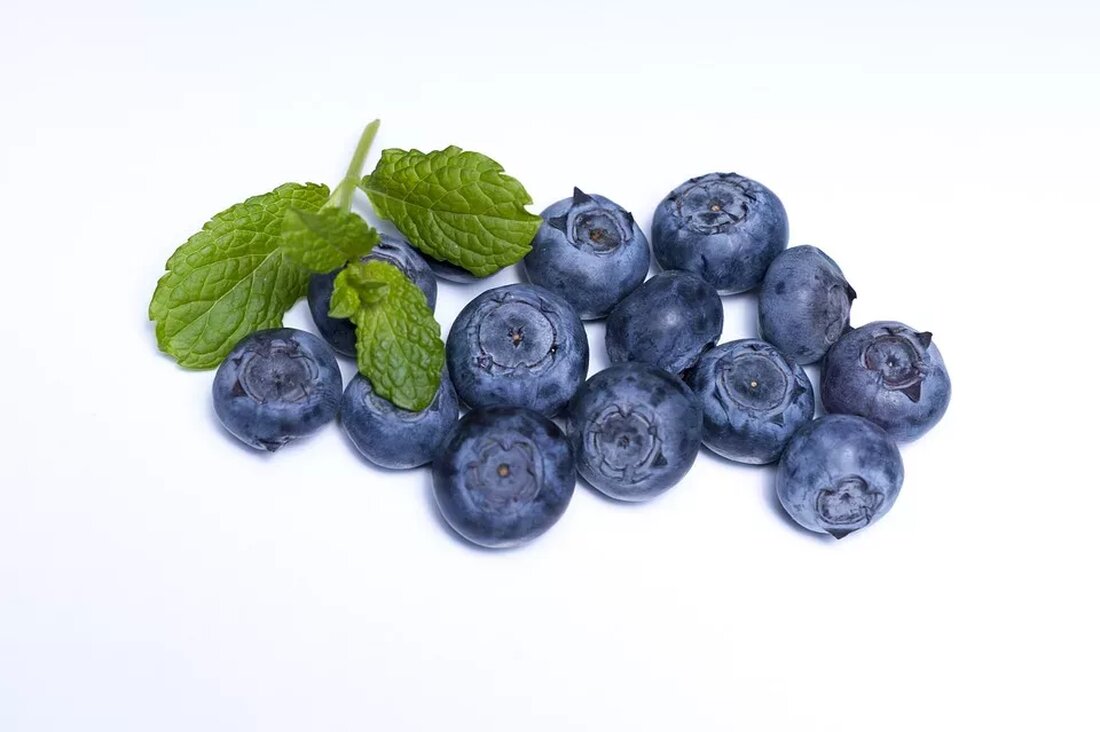Superfoods: marketing hype or health boost?
Superfoods: marketing hype or health boost? Superfoods have become increasingly popular in recent years and are often touted as miracle cures for health. But are these foods really as superior as they claim or is this just a clever marketing ploy? This article will examine the most important aspects of superfoods and whether they can actually offer a health boost. What are superfoods? Superfoods are foods that have a particularly high nutrient content and are therefore considered to be particularly valuable for health. They are said to have a positive effect on the body and mind and, when consumed regularly, lead to an improvement in...

Superfoods: marketing hype or health boost?
Superfoods: marketing hype or health boost?
Superfoods have become increasingly popular in recent years and are often touted as miracle cures for health. But are these foods really as superior as they claim or is this just a clever marketing ploy? This article will examine the most important aspects of superfoods and whether they can actually offer a health boost.
What are superfoods?
Superfoods are foods that have a particularly high nutrient content and are therefore considered to be particularly valuable for health. They are said to have a positive effect on the body and mind and, when consumed regularly, lead to an improvement in general well-being. The best-known superfoods include chia seeds, berries, green leafy vegetables such as spinach and kale, as well as nuts and seeds such as walnuts and flaxseeds.
What makes superfoods so special?
The reason why superfoods are considered particularly healthy is because of their nutritional content. For example, they contain a large amount of vitamins, minerals, antioxidants and healthy fats. These can support the body in defending itself against free radicals, strengthen the immune system and have anti-inflammatory properties. In addition, many superfoods are rich in fiber, which promotes digestion and can improve satiety.
The marketing hype about superfoods
The hype surrounding superfoods is largely due to clever marketing. The food industry has recognized that people are paying more and more attention to a healthy diet and are willing to spend more money on supposedly particularly valuable products. Through targeted advertising and prominent placement on supermarket shelves, superfoods are touted as true miracle cures.
The science behind superfoods
The scientific study on superfoods is mixed. Some studies have shown positive effects of superfoods on health, but others have concluded that the influence of superfoods on the body is negligible. It's important to note that many studies on superfoods have been funded by the manufacturers themselves, which means there is some degree of bias.
Superfoods in your daily diet
Superfoods can be beneficial in certain circumstances, but should not be used as the sole source of a healthy diet. A balanced and varied diet including a variety of fruits, vegetables, whole grains and proteins remains the best choice for optimal health. Superfoods can be viewed as a supplement to a healthy diet.
The ecological impact of superfoods
One aspect that is often overlooked is the environmental impact of consuming superfoods. Many superfoods are imported from distant countries, which leads to increased CO2 emissions and environmental pollution. Large amounts of water are also required to grow superfoods. It is important to consider this aspect and find sustainable alternatives.
Conclusion
Superfoods can be healthy foods under certain circumstances, but they should not be overrated. A balanced diet with a variety of healthy foods is still the be-all and end-all for good health. It is important not to be blindly guided by marketing hype and instead rely on reliable scientific evidence. Superfoods can be a useful supplement to your diet, but should not be viewed as the sole source for a healthy lifestyle.
Sources:
– Smith, A. (2015). Superfoods: The Food and Medicine of the Future. North Atlantic Books.
– Kris-Etherton, P. M., Hecker, K. D., Bonanome, A., Coval, S. M., Binkoski, A. E., Hilpert, K. F., ... & Etherton, T. D. (2002). Bioactive compounds in foods: their role in the prevention of cardiovascular disease and cancer. The American journal of medicine, 113(9), 71-88.
– Steinmetz, K. A., & Potter, J. D. (1991). Vegetables, fruits, and cancer prevention: a review. Journal of the American Dietetic Association, 91(9), 1239-1247.

 Suche
Suche
 Mein Konto
Mein Konto
